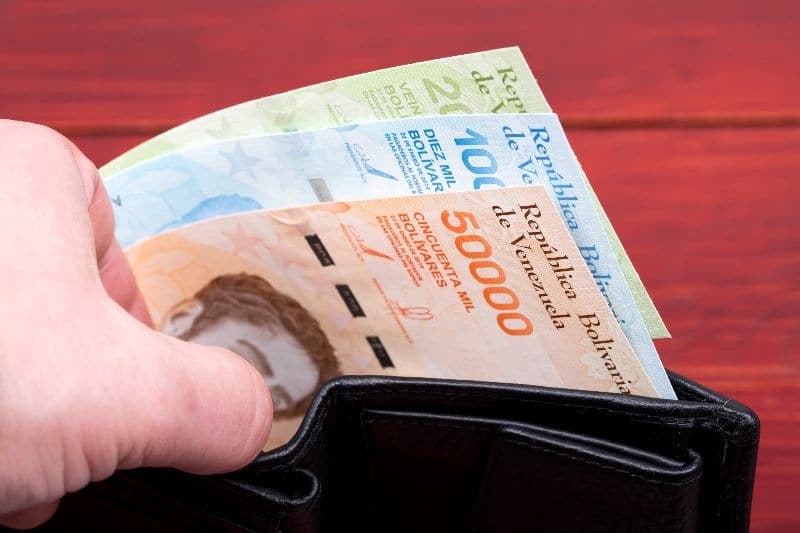Cryptocurrencies can become an alternative to legal tender where states are plagued by high inflation.
There are several examples of such attempts around the world, more or less successful.
Summary
Zash, the anti-inflation crypto in Zimbabwe
One case in point is Zash. It is short for Zimbocash, a cryptocurrency that aims to become a popular means of payment in Zimbabwe, thus countering the hyperinflation the country has been experiencing for years.
Since 2015, the country has divested itself of the Zimbabwean dollar to use only the US dollar or the South African rand.
To illustrate how high inflation was, it is enough to know that 175 million Zimbabwean dollars were exchanged for 5 US dollars.
To counter this imbalance, Zimbocash was born. It is a decentralized crypto that is based on the Tron blockchain. It has a fixed supply of 4.5 billion tokens. Its purpose is to become a means of payment.
Users who sign up on the official platform receive tokens, which they can spend or sell (Zash is listed on Bithumb). However, the system aims to encourage its use as a means of transferring money, away from the disastrous dynamics of Zimbabwe’s fiat currencies.
The dream of its promoters is to ensure that Zash can coexist with local currencies, becoming complementary to them.
Recently, the local economy minister, Mthuli Ncube, said he was in favour of the use of cryptocurrencies. In his opinion, they could be the solution to reducing the cost of remittances. However, there is nothing to suggest that the government will then opt for Zimbocash.

The case of Venezuela and the Petro experiment
Venezuela has tried with Petro to combat its inflation. Not that it succeeded, but Maduro’s intuition certainly made it possible to use Petro instead of other cryptocurrencies. According to some surveys, Petro is better known and used than Bitcoin.
Though there are doubts as to whether the Petro is really backed by quantities of oil (which is the reason for its name), it seems that the cryptocurrency is encountering some popularity in Venezuela, alongside the local currency, the bolivar.
El Salvador, where Bitcoin coexists with the dollar
If Venezuela has opted for its own cryptocurrency to spread among the population, El Salvador has chosen Bitcoin. Since 7 September, BTC has coexisted as a means of payment with the US dollar (El Salvador no longer has its own currency, which was also killed by hyperinflation years ago).
President Bukele’s choice was dictated by the need to find a system to strengthen his fragile economy. With the introduction of Bitcoin, the president estimates that he will save his fellow citizens as much as $400 million in commission costs per year incurred when making remittances. For a country of 6.4 million people, this is no small feat.
Cryptocurrencies and inflation: final thoughts
Bitcoin and cryptocurrencies are proving to be an alternative system to inflation and useful in improving economic conditions. The cases of El Salvador and Venezuela prove this.
However, there is still much scepticism to overcome. Strong states, rather than allowing the spread of crypto, are working on their own digital currencies (CBDCs). Weaker ones are more open to cryptocurrencies, although they are looking for a way to control them, thus disregarding the decentralized nature.
What emerges is a real challenge currently underway that could alter the way money is understood.



